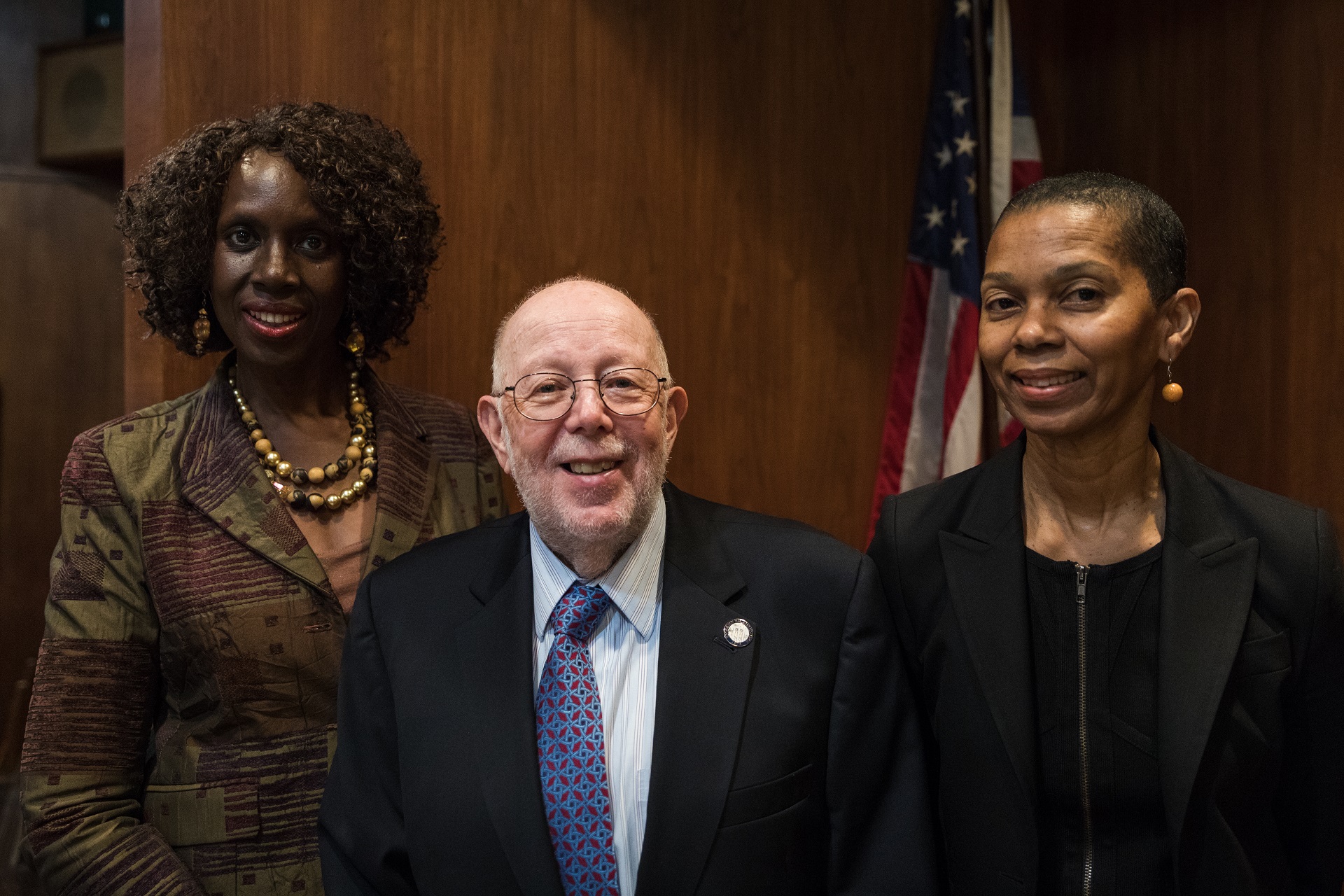Brooklyn Bar Association hosts Judges Shillingford and Ash for lecture on jury process

The Brooklyn Bar Association hosted a continuing legal education seminar about jury selection and deliberations with Supreme Court Justices Sylvia Ash and Ruth Shillingford on Thursday night.As a pair, Hon.
Shillingford and Hon. Ash were able to give insight into the processes from both the civil perspective, with which Hon. Ash works, and the criminal, Hon. Shillingford’s specialty.
Before beginning the lecture, Brooklyn Bar Association President David Chidekel gave a nod to the importance of judicial independence.

Brooklyn Boro
View MoreNew York City’s most populous borough, Brooklyn, is home to nearly 2.6 million residents. If Brooklyn were an independent city it would be the fourth largest city in the United States. While Brooklyn has become the epitome of ‘cool and hip’ in recent years, for those that were born here, raised families here and improved communities over the years, Brooklyn has never been ‘uncool’.